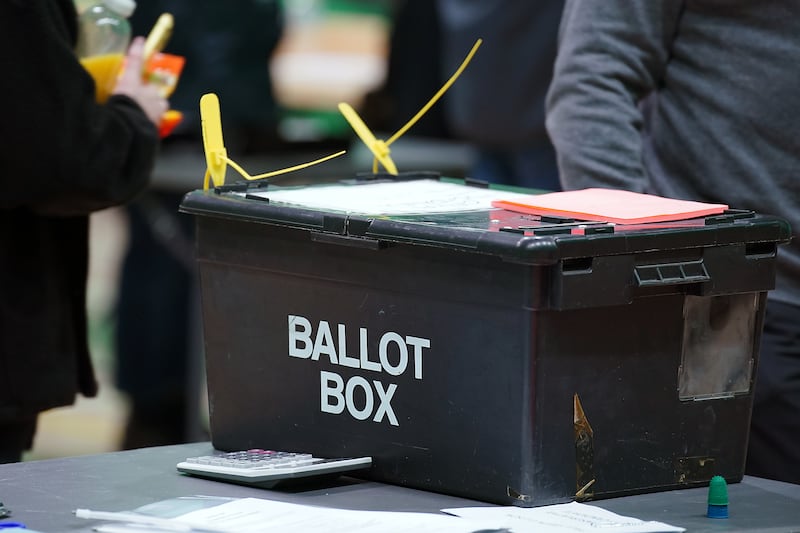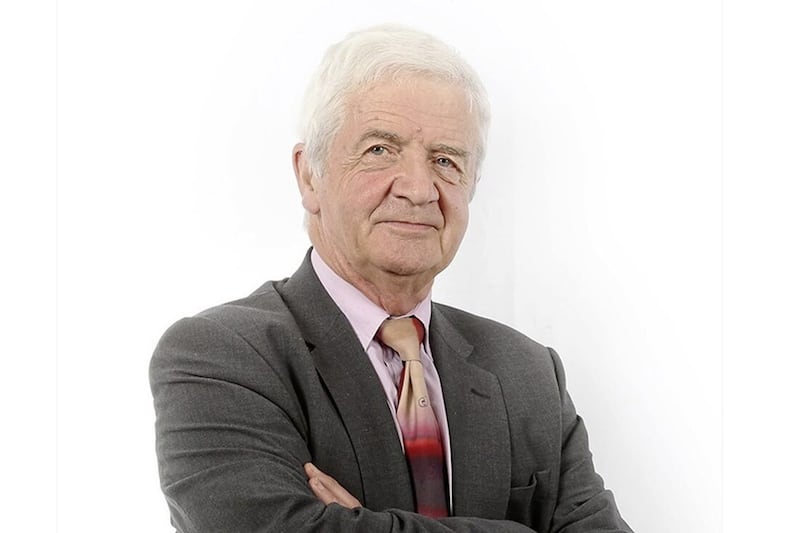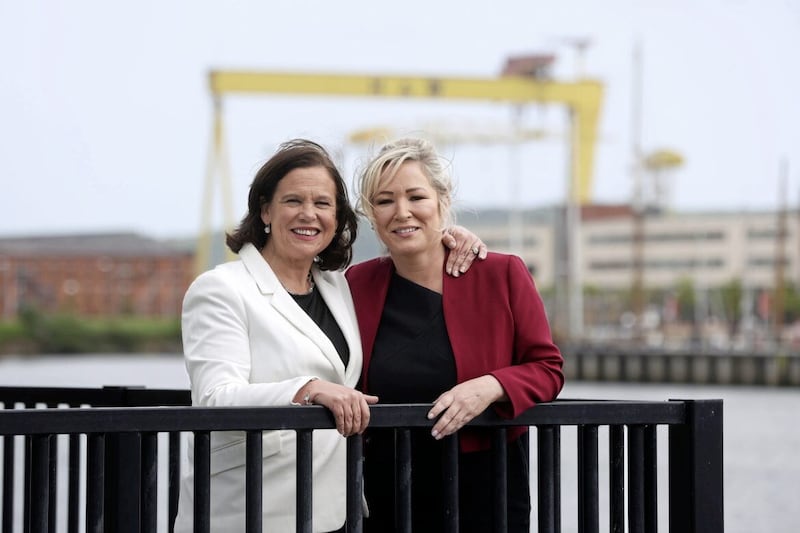While the basic statistics confirm that the DUP and Sinn Féin retain their position as by some distance the two largest groups, a number of other striking developments have emerged from the final results in the 2019 local government elections.
Both of the main parties can justifiably point to their strong overall mandates, effectively keeping the status quo in place, but they will also be aware that the gains they targeted in a range of areas largely failed to materialise.
There can be no doubt that the most significant advance was made by Alliance, which rose to an 11.5 per cent share of the vote, compared to 6.7 per cent five years ago, and saw its total of councillors jump from 32 to 53.
The SDLP remains just ahead of Alliance, after a mixed performance, while further down the scale the Greens are firmly moving forward and People Before Profit and a number of independents also made an impact.
It was a noticeably disappointing contest for the Ulster Unionists, who must surely realise that their recent backing for Brexit, with all its disastrous implications, as well as some deeply questionable PR and vote management tactics during the campaign, was a key factor in many of their former supporters switching to Alliance.
If there was a wider message coming from the Alliance surge, it was that the public is hugely frustrated with the Stormont deadlock and urgently wants to see our power sharing structures restored in a form which benefits all sections of society.
Inter party talks will resume tomorrow, although there are few expectations that a breakthrough of any kind is possible before the European elections which are due at the end of the month.
All eyes will also be on the eagerly awaited report of the public inquiry into the Renewable Heat Incentive scandal, which does not yet have a publication date but is thought to be unlikely to appear before June at the earliest.
The final outcome of the investigation into the RHI debacle, which may eventually cost tax-payers over £500m, has major implications across the board but can only be hugely damaging to the credibility of the DUP
It is essentially a question of whether the DUP will respond by merely sacrificing some of its already discredited special advisers or, in the interests of bringing back our devolved structures, go much further and instigate changes at a senior level in the party.
With a European election approaching in which the third and final seat will be the subject of a ferocious and high stakes battle, we are moving into a particularly intriguing political period.






